Recruiting is a critical function for any organization–we all know this. However, there are differences between recruiting for large vs. smaller companies and recruiting for the middle market in between. So, what’s the difference when we’re talking about recruiting for a big company and one in the middle market?
Scale and Resources
If you’re an independent recruiter, the middle market can be the perfect sweet spot for your business. Unlike large corporations which typically have established HR departments with dedicated recruiting teams and all the bells and whistles, middle market companies often need to be leaner and may not have an in-house team at all. This means it’s essential for leaders to be more resourceful and creative in attracting top talent–so if you’re an independent recruiter, the middle market can be the perfect sweet spot for your business.
Brand Recognition
Brand recognition plays a significant role in attracting potential candidates, especially as the workforce shifts to a younger generation (link to brand recognition post here.) Large corporations usually have well-established brands that are recognizable and familiar to job seekers. This brand recognition often serves as an advantage, as candidates are more likely to trust and be attracted to a well-known company. In the middle market, however, companies may not enjoy this same level of brand recognition so recruiters in this segment need to emphasize other factors such as the company’s culture, growth opportunities, and the impact employees can make on the organization.
Job Market Dynamics
Large corporations often have well-defined recruitment processes and receive a high volume of applications for their job openings. As a result, recruiters may face the challenge of sifting through numerous resumes and conducting extensive screening procedures. Middle market recruiters may need to more actively engage with potential candidates, leveraging networking, referrals, and niche job boards to source talent.
Cultural Fit and Flexibility
The middle market often offers more flexibility and agility when it comes to cultural fit; middle market companies can prioritize finding candidates who align with their specific values, goals, and work environment. Middle market companies may have more control over shaping their organizational culture and thus have more flexibility in engineering environments in which their employees will thrive. Large corporations, with their established structures and processes, may place more emphasis on finding candidates who can adapt and thrive within their existing culture.
Compensation and Benefits
Middle market companies may not be able to match the compensation packages of larger organizations, but they can often provide other advantages such as more significant opportunities for growth and advancement, increased responsibilities, and the ability to make a meaningful impact within the company. It’s up to a recruiter to really pull out and highlight these additional benefits!
Recruiters in the middle market need to be resourceful, focus on building the company’s brand, actively engage with potential candidates, and emphasize cultural fit and growth opportunities. If you’re looking for an experienced middle market recruiter, we’ve got you covered: www.go4ROI.com

